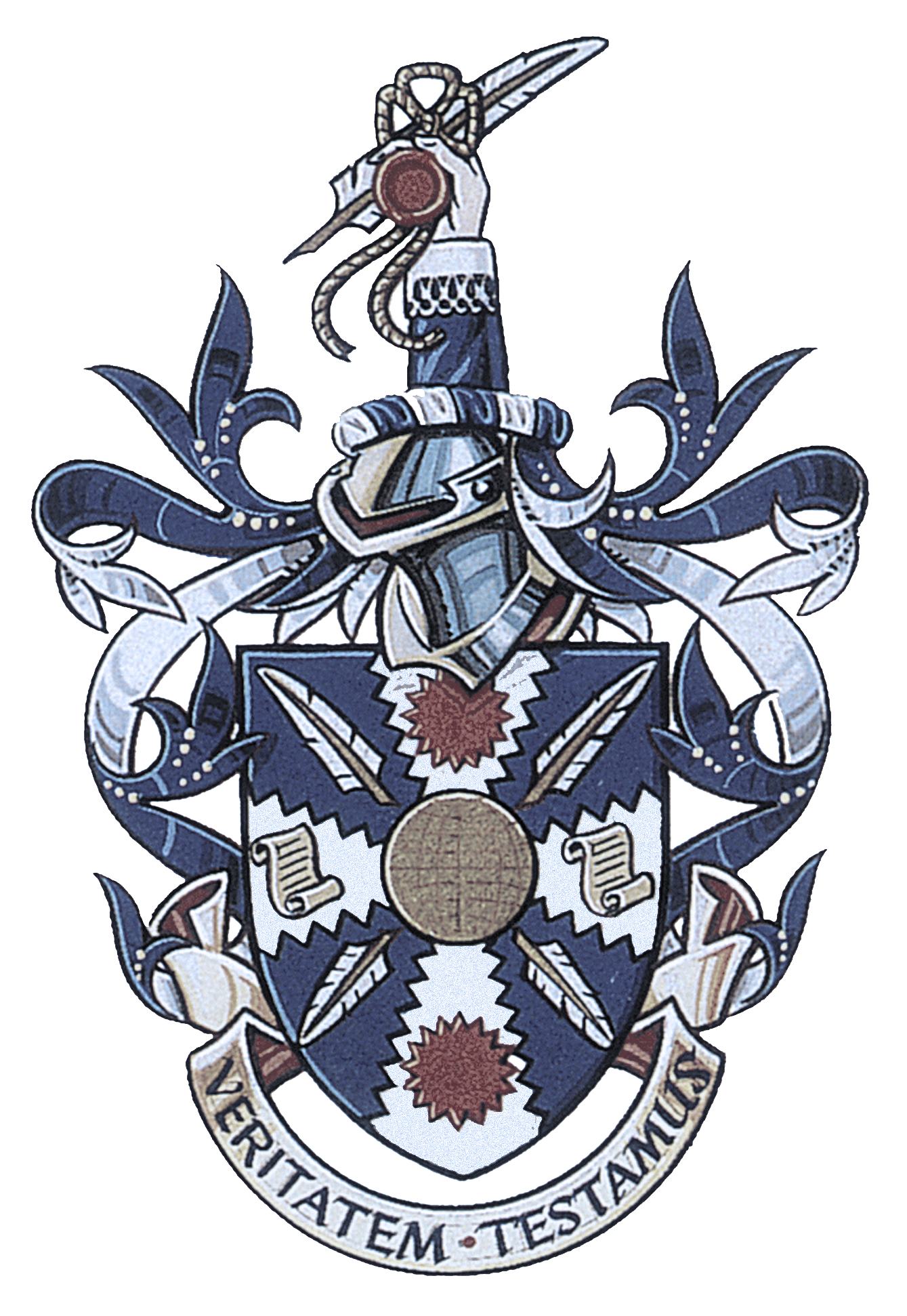About Notaries
The office of a Notary Public (or Public Notary) is rooted in the civil institutions of ancient Rome and its written codified laws.
Originally, Notaries were just copiers or scribes. However, with the passing of time, the title of Notary was transferred to registrars or secretaries of the highest government officials and their office survived despite the fall of the Western Roman Empire. By the medieval period, both the Emperors of Germany and the Popes were appointing Notaries who travelled without territorial restriction.
1279 EnglandIn England, in 1279, the Archbishop of Canterbury was authorised by the Pope to appoint Notaries. From then on, Notaries became increasingly important in England and most particularly in matters concerning the relationship between Church and State.
1533 King of England assumed the Pope’s powerIn 1533, the King assumed the Pope’s power of appointing Notaries and, as before, this was delegated to the Archbishop of Canterbury. A Court of Faculties (or “Permissions”) was created, with the power of appointing and regulating Notaries. The Faculty Office of the Archbishop of Canterbury still retains that role.
TodayToday, Notaries are the third (and oldest) branch of the legal profession working alongside barristers and solicitors. They play a pivotal role in the workings of international trade and industry, enabling transactions between businesses and individuals in this country and others all over the world to be completed. Notaries’ signatures and seals to documents are trusted and relied on with confidence by governments, authorities and lawyers worldwide.

